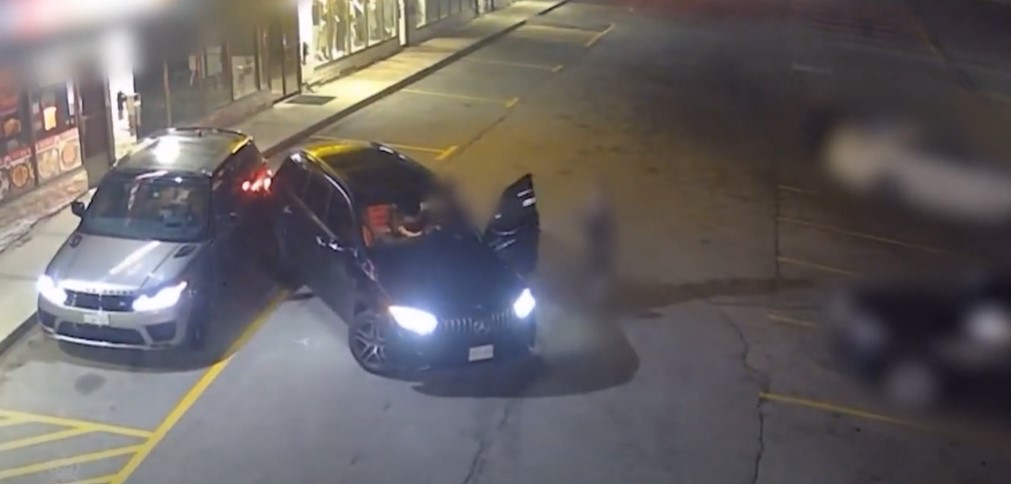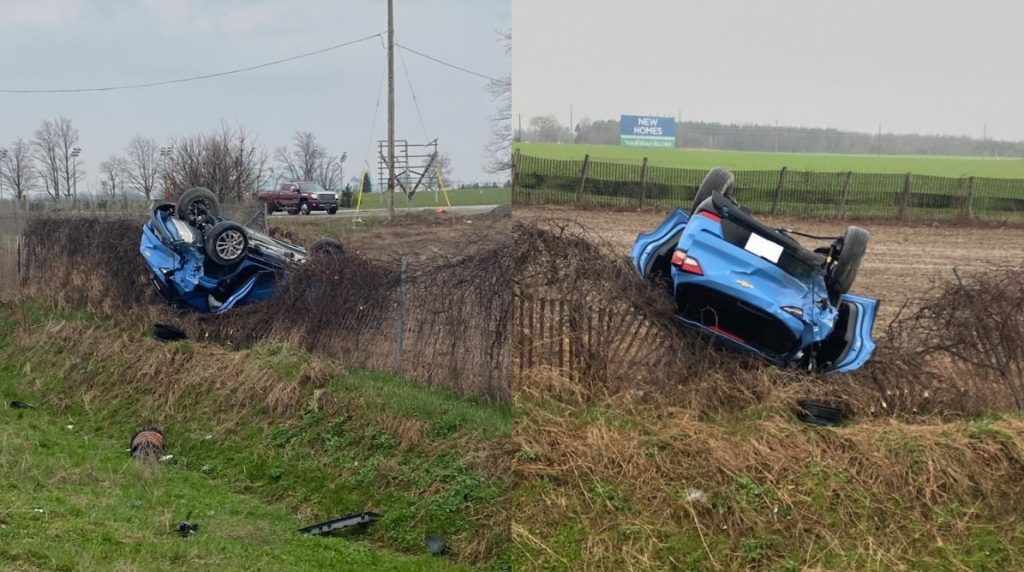Quebecers turn out to vote after nasty provincial election campaign
Posted April 7, 2014 3:40 pm.
This article is more than 5 years old.
Quebecers headed to the polls on Monday to vote in a provincial election after a nasty campaign marked by talk of another sovereignty referendum as well as repeated mudslinging over ethics.
Pauline Marois, whose Parti Quebecois formed a minority government in the 2012 election, was hoping to win a majority of the province’s 125 ridings — a scenario that could eventually lead to another referendum.
Recent opinion polls, however, indicated the momentum was with Philippe Couillard’s Liberals, with surveys giving them a shot at taking power when the votes are counted.
The PQ had hoped to capitalize on identity politics, as it did in 2012, by making its secular charter the focus of the campaign.
But that plan was derailed when star candidate Pierre Karl Peladeau, his fist pumped, announced just days after Marois called the election he had left the business world for politics so he could build an independent Quebec for his children.
Couillard repeatedly asserted during the campaign that a PQ majority government would mean another referendum, which polls constantly suggest is something a majority of Quebecers do not want.
Marois’s defence was that Quebecers were voting only for a government Monday and not on whether there would be another referendum.
She reiterated throughout the campaign she would hold a plebiscite only when she believes Quebecers are ready for one.
One wild card in Monday’s vote could be the Coalition for Quebec’s Future.
The right-of-centre party, which is led by former PQ cabinet minister Francois Legault, saw its support climb in polls late in the campaign and could spoil the hopes of a PQ or Liberal majority.
Legault was widely believed to have performed strongly in the two televised debates featuring the leaders.
The former PQ cabinet minister describes himself as a nationalist who wants a moratorium on sovereignty referendums. His party’s voters are mostly small-c conservatives.
At dissolution, the PQ had 54 seats, while the Liberals had 49. The Coalition had 18, Quebec solidaire two and there were two Independents.
Marois was the first of the main leaders to vote Monday.
“It is a beautiful day,” Marois told reporters after she cast her ballot in the riding of Charlevoix-Cote-de-Beaupre, northeast of Quebec City.
“I am inviting all Quebecers to vote. I am very serene at this moment. I trust Quebecers will choose a good government to lead them and I am confident about tonight.”
Legault voted later in his riding of L’Assomption, northeast of Montreal, and also used the word “serene” to describe his mood.
“It’s an important day, obviously,” he told reporters. “During 33 days, I offered a choice that was different from that of the other parties. I put forward ideas. Now it’s up to Quebecers to decide.”
Legault admitted to having butterflies as he awaited the outcome of the vote.
“The day of an election is always a bit nerve-wracking,” he said. “You’re keen to see the results. But I am very serene.”
Couillard, who trained as a neurosurgeon, was asked whether it was more stressful performing neurosurgery or trying to become Quebec premier.
“They’re pretty different but in some ways they’re quite alike,” he replied after voting in his riding of Roberval, a few hours north of Quebec City.
“We are fortunate to live in a democracy where we vote for our government every four years — or sometimes more often…I’m happy about the campaign we had. I’m confident about the result but it’s now time for citizens to speak. Politicians have spoken enough.”
The polls close at 8 p.m. eastern.
Nineteen per cent of the nearly six million eligible voters cast a ballot in advance polling. As of 11:30 a.m. Monday, the percentage of Quebecers who had voted stood at 27.2 per cent, including the advance polling.
In the 2012 election, 25.3 per cent of eligible voters had cast a ballot as of 11:30 a.m., including the advance polling.
Turnout at the end of the day was 74.6 per cent.










